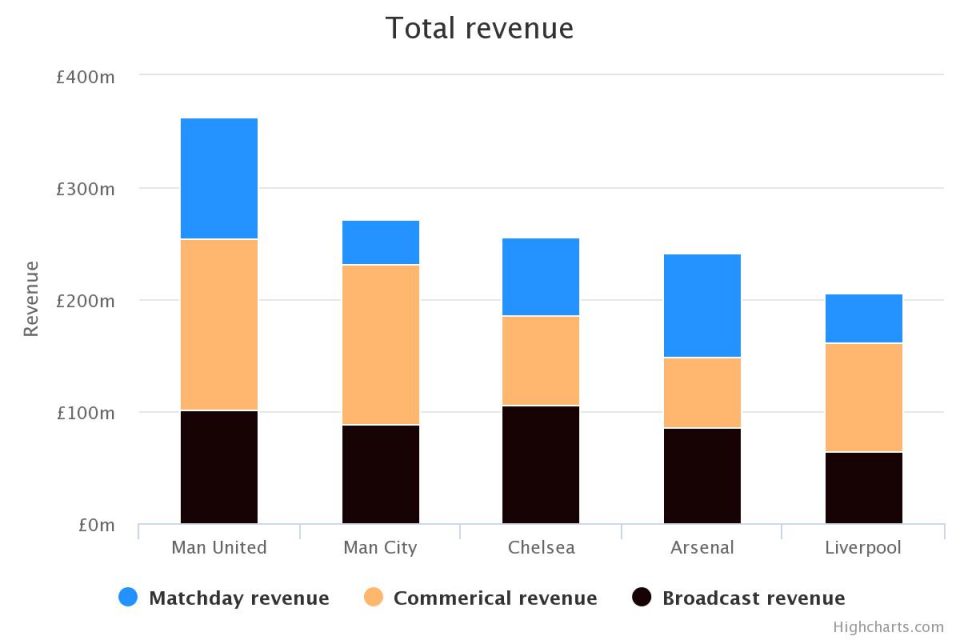Carillion scores £75m Anfield contract as Liverpool look to increase matchday revenues

The expansion of Anfield’s main stand will begin in earnest this week after Carillion sealed a £75m contract with Liverpool Football Club.
The project will add around 8,500 seats to the Liverpool stadium, stretching its capacity to 54,000 and briefly making it the third-largest football ground in the Premier League.
Builders will aim to keep as much of Anfield’s main stand as operational as possible before it completes the expansion during the 2016/2017 season.
The Anfield deal follows a number of high profile contract wins for Carillion in recent months.

A computer-generated of what the expanded main stand will look like (Source: Liverpool FC)
Carillion’s Middle East construction services won a major contract with Dubai World Trade Centre in October after securing government-backed loans worth £73m, following a £300m Dubai hotels contract won in May.
Just last week the FTSE 250 company announced deals on Heathrow and London NHS hospitals worth £80m. In November it sealed a huge £200m contract for work on £50m UK prisons.
Liverpool will be hoping that despite the cost, the stadium expansion will eventually lead to the team winning trophies at the same rate as Carillion are picking up contracts.
The Reds currently lag way behind their Premier League rivals in terms of matchday revenue, and that in turn has an effect on the club’s clout in the transfer market.
In 2013 Liverpool generated matchday revenues of £44.6m compared to Arsenal’s £92.8m and Manchester United’s £109.1m.

In 2012, when the expansion plans were first revealed, Liverpool managing director Ian Ayre told the club’s official website:
More so from it detracting from our spending in the transfer market, the whole point of doing this is to actually increase our revenues.
If we look at our biggest competitors with a bigger capacity, like Manchester United [and] Arsenal, their matchday revenues are significantly ahead of ours.
This whole initiative is designed to generate additional revenues so the ultimate solution has to be one that increases the overall output through the process rather than decreasing it.